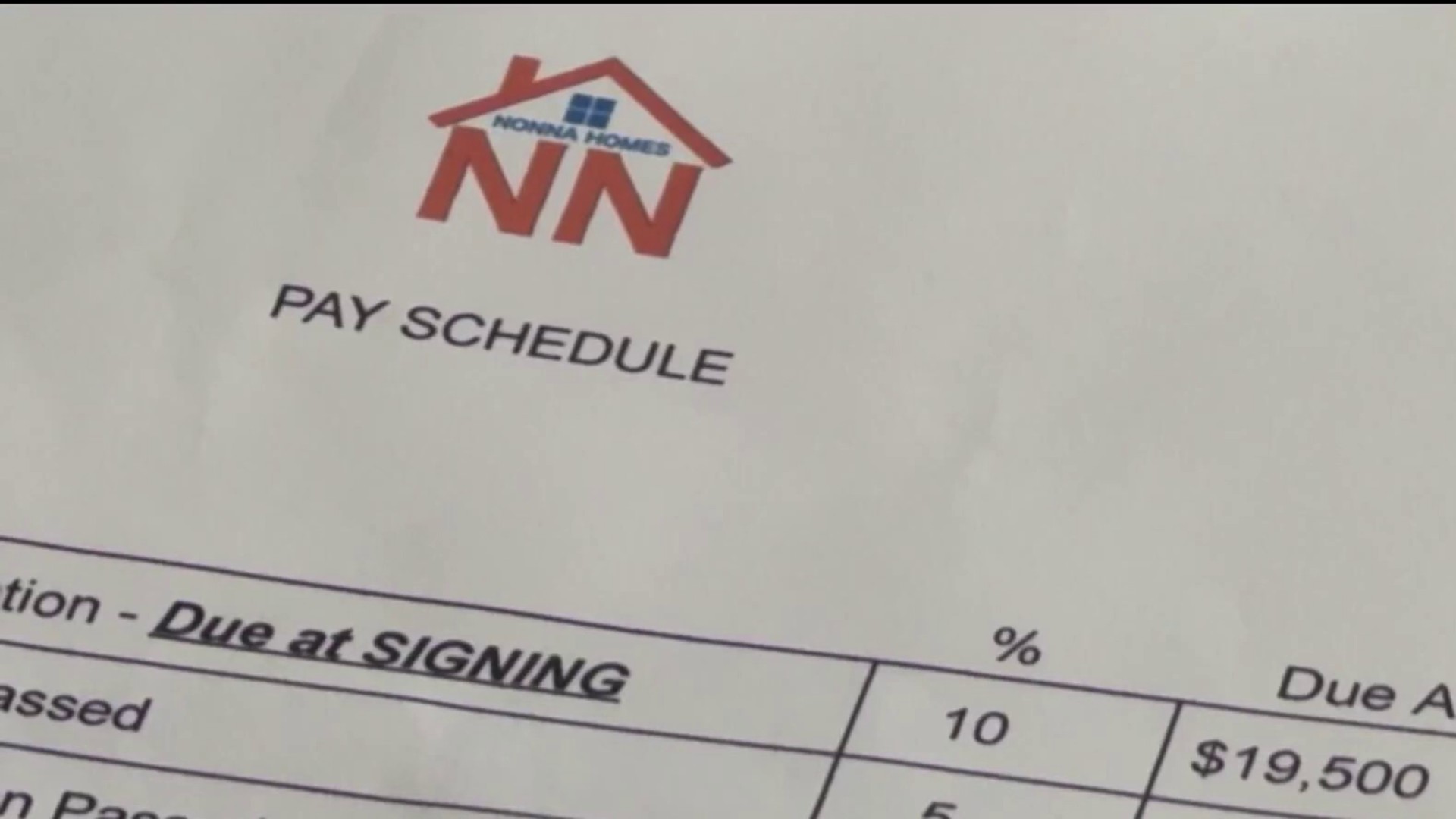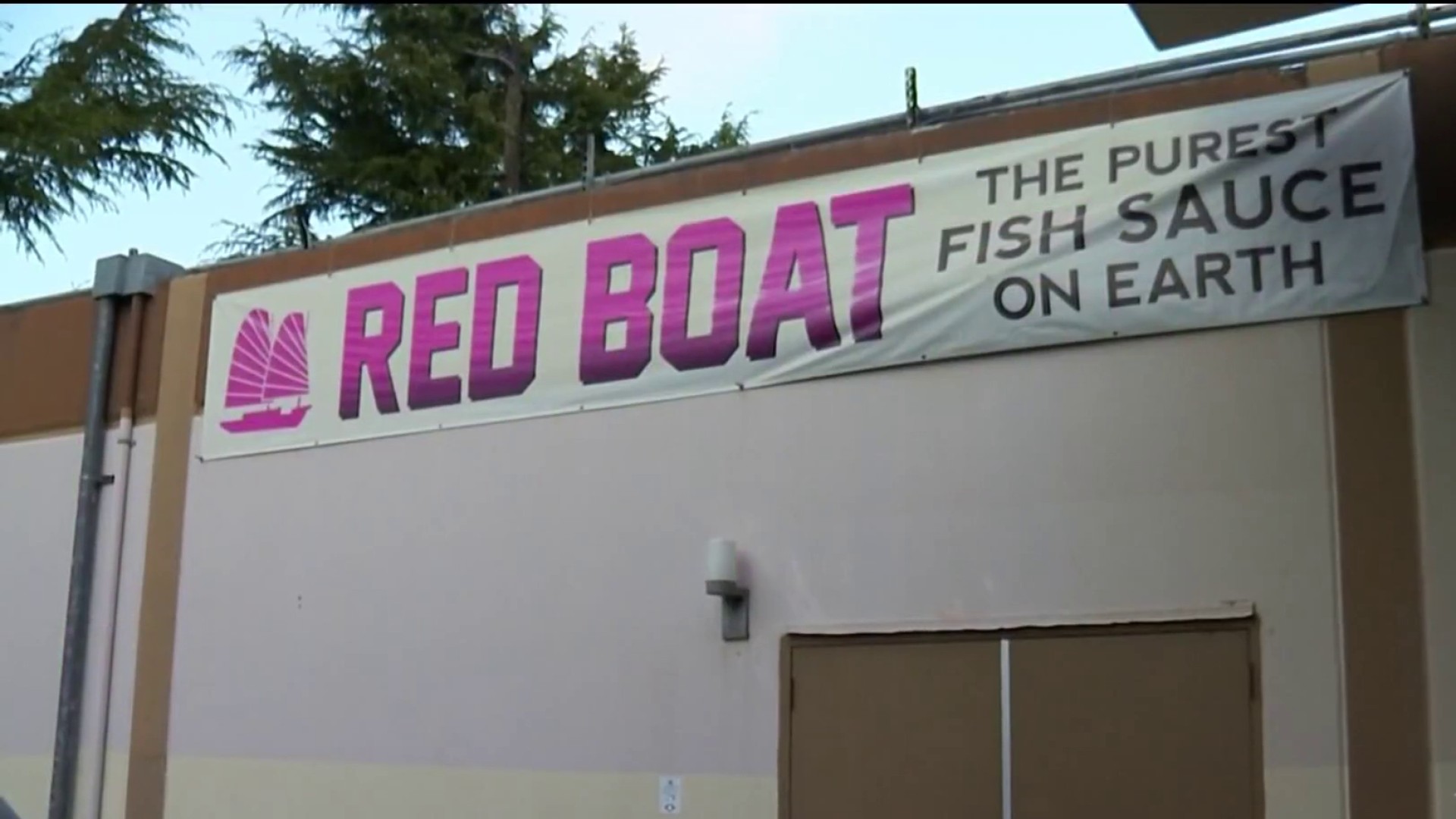New residents of the former Hunters Point Naval shipyard will be restricted to only growing fruits and vegetables in raised, concrete-lined beds, state environmental officials have told the community. Jaxon Van Derbeken reports.
New residents of the former Hunters Point Naval shipyard will be restricted to only growing fruits and vegetables in raised, concrete-lined beds, state environmental officials have told the community.
The goal of the plan, the officials told a community environmental justice task force meeting last week, is to create an “impermeable” barrier to keep the roots from growing through a two-foot layer of clean soil, intended to serve as a cap atop the site as part of clean up.
But one community activist says the city should not give up on requiring complete decontamination of the site, where radioactive ships were sandblasted after hydrogen bomb testing in the Pacific following World War II.
“Residents here, and the homeowners, they want cleanup -- they don’t want containment, they want it to be clean,” said Ray Tompkins, a retired chemistry teacher who is on the task force.
“The plan makes no sense whatsoever,” added environmental lawyer Steve Castleman, a former prosecutor who worked with several whistleblowers alleging fraud by clean-up contractor Tetra Tech.
Even with a concrete barrier, Castleman says, there’s no guarantee that the dirt below the two foot deep cap won’t end up on the surface. Roots can get through cracks that might happen after quakes, he said. And there is another way.
“Anybody who knows anything about growing stuff knows that animals are attracted to gardens,” Castleman said. “Animals will burrow their way into the two foot cap and under it.”
Local
Castleman and other critics say that even after clean up under the Navy’s proposed standard, the soil under the cap could be 100 times more radioactive than the soil in the cap.
U.S. EPA officials warned the Navy in a letter in November that those standards may not be “protective of human health” in the long term.
And there is a far more practical issue about using concrete-lined planter boxes.
One of the founders of Quesada Community Garden in Hunters Point said they would likely impede proper drainage and retard plant development.
“It would really limit what we could grow,” said Shane King, who added that his site was tested and cleared 15 years ago, before produce was grown in the median of Quesada Avenue, near Third Street.
King remembers how hard residents have worked to overcome the area’s reputation for toxic contamination.
“Having something like that is just going to make it worse – and knowing there is radioactivity two feet under the surface.”



